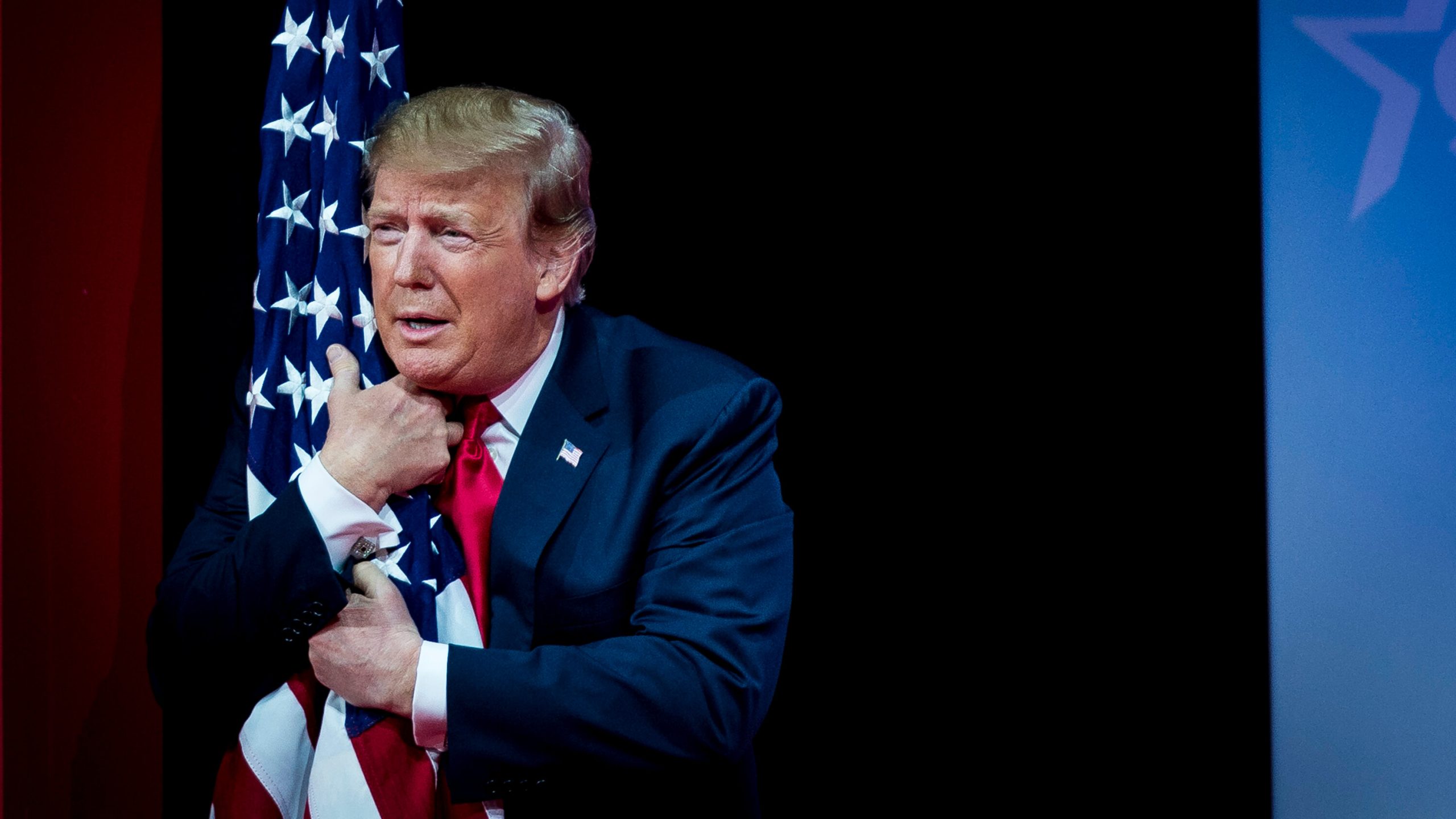Donald Trump, the U.S. President-elect, held discussions with NATO Secretary General Mark Rutte in Palm Beach, Florida, focusing on global security. This meeting marked an important engagement on international security matters but remained largely confidential, as NATO’s statement provided no specific details about the topics covered.
This was reportedly Rutte’s first face-to-face meeting with Trump following the latter’s election on November 5. Rutte had previously expressed optimism about Trump’s leadership role in maintaining the strength of NATO.
The meeting emphasized the significance of NATO in addressing global security issues, with Rutte reinforcing the Alliance’s importance during the transition of power in the United States.
Trump has historically taken a critical stance toward NATO, frequently raising concerns about the defense spending of member countries and questioning the organization’s relevance in contemporary global politics. Despite these criticisms, the meeting highlighted a willingness to engage with NATO leadership.
Trump has long accused NATO allies of insufficient defense contributions, portraying them as overly reliant on U.S. military support. He has particularly targeted countries that fail to meet the defense-spending benchmarks set by the alliance.

Donald Trump
His rhetoric has sometimes included threats of reduced U.S. commitment to NATO’s defense responsibilities, raising questions about the future dynamics of U.S. participation in the alliance.
Rutte also met with other key figures in Trump’s national security team, including U.S. Representative Michael Waltz, who had been selected as the incoming National Security Adviser.
These discussions likely aimed to establish working relationships and align priorities on pressing global security issues. Such interactions underscored NATO’s strategic efforts to maintain its relationship with the U.S. under the new administration.
The backdrop of this meeting reflects ongoing debates about NATO’s role and funding amid a period of transition in U.S. foreign policy. Trump’s criticism of NATO as outdated and financially burdensome contrasts with the alliance’s enduring importance in global security.
The engagement between Trump, Rutte, and the national security team suggests an attempt to bridge these differences and chart a cooperative path forward for NATO and the U.S. administration.























